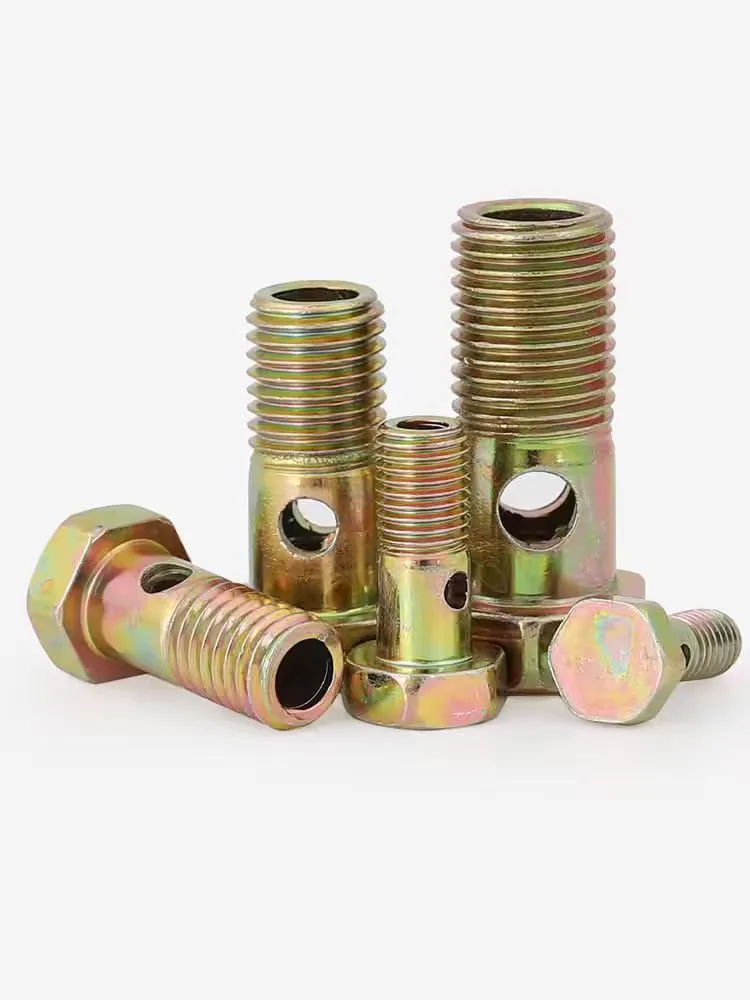

din 125a a2
Th11 . 18, 2024 14:08 Back to list
din 125a a2
Understanding DIN 125A2 Standards for Washers
In industrial applications, fasteners are integral components that hold every assembly together, providing stability and strength. Among these essentials, washers play a crucial role. Specifically, the DIN 125A2 standard for flat washers stands out for its significance in various engineering and manufacturing processes. This article delves into the characteristics, applications, and benefits of DIN 125A2 washers and why they are favored in many industries.
Definition and Specifications
DIN 125A2 washers are flat washers made from a range of materials, including steel, stainless steel, and various alloys. The DIN in the designation refers to the German Institute for Standardization (Deutsches Institut für Normung), which establishes guidelines to ensure consistency, quality, and safety across mechanical components. The “125” indicates the specific standard for the washer, while the “A2” signifies the material grade, typically referring to stainless steel that contains a minimum of 12% chromium. This composition provides excellent corrosion resistance, making A2 washers suitable for various environmental conditions.
The dimensions of DIN 125A2 washers are defined in the standard, which covers sizes from M1.6 to M64, catering to a variety of bolt sizes. The washers are characterized by their thickness and outer diameter, dimensions that are crucial for ensuring the effective load distribution under bolt heads or nuts.
Applications
Understanding DIN 125A2 Standards for Washers
1. Prevent Surface Damage The use of a washer helps to protect the surface of the material being joined, preventing indentation and potential shear failures.
din 125a a2

2. Distribute Load By providing a larger surface area, washers help in distributing the load more evenly, which is particularly important in high-stress applications.
3. Corrosion Resistance With A2 stainless steel composition, these washers are perfect for environments that require resistance to rust and corrosive elements.
4. Facilitate Assembly Use of washers in conjunction with bolts and nuts can ease the installation process, making it simpler to achieve the correct tension without damaging the parts.
Benefits
Choosing DIN 125A2 washers comes with numerous advantages. The most significant includes longevity and reliability. As they are fabricated from corrosion-resistant materials, they maintain their integrity over time, leading to reduced maintenance needs. This durability becomes invaluable in industrial settings where downtime can lead to significant losses.
Additionally, DIN 125A2 washers comply with established industry standards, ensuring that users receive a product that has been tested for quality and safety. This adherence to a global standard brings peace of mind to manufacturers and engineers who require dependable components in their assemblies.
Conclusion
In conclusion, DIN 125A2 flat washers are indispensable components in numerous industries, providing essential support in the assembly of parts. Their durability, load distribution capability, and resistance to corrosion make them an ideal choice for engineers and manufacturers alike. As industries continue to evolve, the importance of adhering to standards like DIN 125A2 will only grow, ensuring that products are not only effective but also safe and sustainable. The next time you encounter a mechanical assembly, consider the vital role that these seemingly simple washers play in maintaining structural integrity.
Latest news
-
Hot Dip Galvanized Bolts-About LongZe|High Strength, Corrosion Resistance
NewsJul.30,2025
-
High-Strength Hot Dip Galvanized Bolts - Hebei Longze | Corrosion Resistance, Customization
NewsJul.30,2025
-
Hot Dip Galvanized Bolts-Hebei Longze|Corrosion Resistance&High Strength
NewsJul.30,2025
-
High-Strength Hot-Dip Galvanized Bolts-Hebei Longze|Corrosion Resistance&High Strength
NewsJul.30,2025
-
Hot Dip Galvanized Bolts-Hebei Longze|Corrosion Resistance&High Strength
NewsJul.30,2025
-
Hot Dip Galvanized Bolts - Hebei Longze | Corrosion Resistance, High Strength
NewsJul.30,2025

